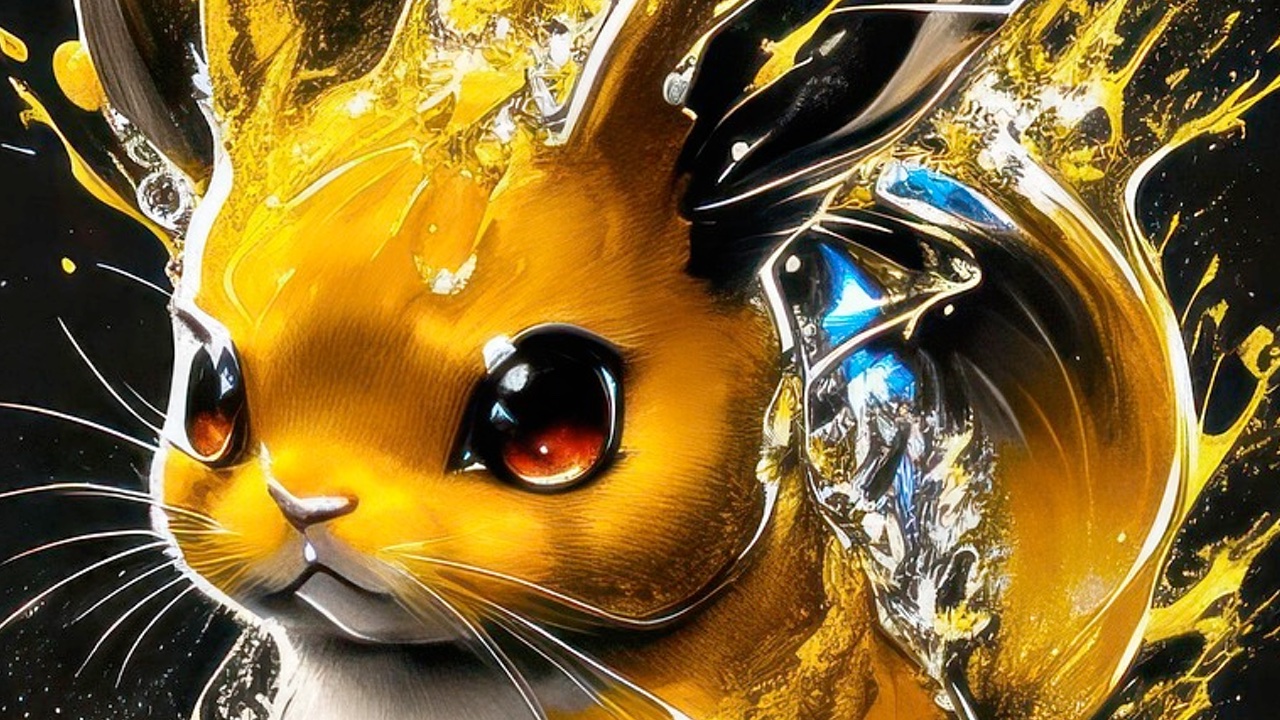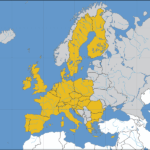Pokémon isn’t just a game or a show; it’s a sprawling pop culture phenomenon that has captivated the world since its debut in 1996. Here’s a look at its impact:
What is Pokémon Pop Culture?
- A Transmedia Franchise: Pokémon spans video games (the core of the franchise), a long-running and incredibly popular anime series and films, a successful trading card game (TCG), manga, books, toys, clothing, and countless other forms of merchandise. This multi-platform approach has allowed it to reach diverse audiences across different age groups.
- Global Phenomenon: Originating in Japan, Pokémon quickly became a worldwide sensation, experiencing a period of “Pokémania” in the late 1990s and early 2000s. It has maintained a strong global presence ever since, with new generations of fans discovering it. The release of Pokémon Go in 2016 sparked a second massive wave of popularity, demonstrating its enduring appeal.
- Cultural Impact: Pokémon has deeply permeated popular culture, influencing language, fashion, art, and internet culture. Catchphrases like “Gotta Catch ‘Em All!” are widely recognized, and characters like Pikachu have become iconic symbols. The franchise frequently references and is referenced in other forms of media.
- Nostalgia Factor: For many adults who grew up with the original games and anime, Pokémon holds a strong nostalgic value, contributing to its continued popularity across generations.
Meetings and Communities
- Organized Play: Pokémon has a robust organized play system for both the video games and the TCG. This includes local leagues, regional and national championships, and the annual Pokémon World Championships, drawing competitive players from around the globe. These events foster a strong sense of community among players.
- Conventions and Gatherings: Anime, gaming, and pop culture conventions worldwide feature significant Pokémon presence. These events provide opportunities for fans to meet, trade, participate in tournaments, buy merchandise, and celebrate their shared interest.
- Online Communities: The internet is a hub for Pokémon fans, with countless forums, social media groups, Discord servers, and fan websites dedicated to discussing the games, anime, TCG, and more. These online spaces allow fans to connect, share their passion, and organize local meetups.
- Informal Gatherings: Beyond organized events, many Pokémon fans meet up informally to play the games (both video and mobile), trade cards, or simply socialize with others who share their interest. Pokémon Go in particular facilitated many real-world interactions and impromptu gatherings.
Players and Interest
- Broad Demographics: While initially targeting children, Pokémon’s appeal has broadened significantly. There’s a large and active adult player base who grew up with the franchise, as well as new generations of younger fans. Data from Pokémon Go indicates a significant player base in the 18-34 and 35-54 age groups.
- Large Player Base: The Pokémon Go mobile game alone boasts tens of millions of active players worldwide. While the peak numbers from its initial launch have decreased, it remains a highly popular mobile game. The core video games on Nintendo consoles also have a dedicated and substantial player base with each new release. The TCG also has a significant number of players and collectors.
- Sustained Interest: Despite being around for over two decades, Pokémon continues to maintain a high level of interest. New game releases, anime series, movies, and the ongoing support for Pokémon Go keep the franchise fresh and engaging for both long-time fans and newcomers. The trading card game has also seen periods of renewed interest and high value.
- Competitive Scene: The competitive Pokémon scene (VGC for video games and the TCG) is thriving, with skilled players battling for top spots in tournaments. This competitive aspect adds another layer of engagement for dedicated fans.
- Collecting: Collecting Pokémon merchandise, especially the trading cards, is a significant aspect of the pop culture. Certain rare cards can fetch very high prices, driving interest and creating a unique market.
In conclusion, Pokémon is a multifaceted and enduring pop culture phenomenon with a massive and diverse global fanbase. Its transmedia nature, coupled with strong community building through meetings and online platforms, and consistent new content, ensures that interest in the franchise remains strong and continues to evolve with each new generation.








